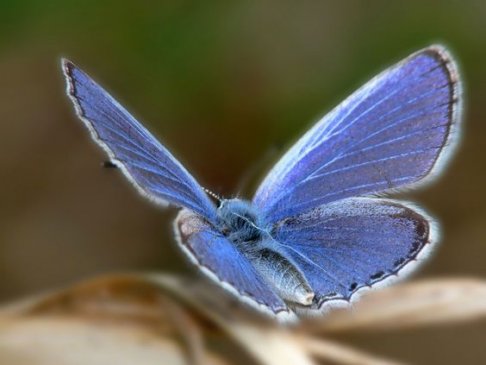Michael Tsarion mentions "biotic holocaust" in this video presentation around the 45:55 mark (the rest of the presentation is also interesting, touching on the Black Nobility families of Europe, and quite a lot of information about HAARP and its genesis.) Biotic Holocaust is something we all know about, as the loss of species through extinction on an every-day basis, but it has multiplied to holocaust levels - between 50 and 150 species each day. This adds up to about 600,000 species lost since 1950, habitat loss being a huge factor. This information should be a huge wake up to all of us - but we tend to drown in negativity and feel overwhelmed when we hear about such numbers. Maybe we, our families, or people we know have been responsible for buying into housing estates that have knocked down vast tracts of original country, or have tamed the water ways with "keys" so that individual families can have boat pens, or have damaged the water sheds which are the capillaries of nature leading to the vast reservoirs of naturally collected water.
Biotic Holocaust (1 Viewer)
- Thread starter Snowmelt
- Start date




